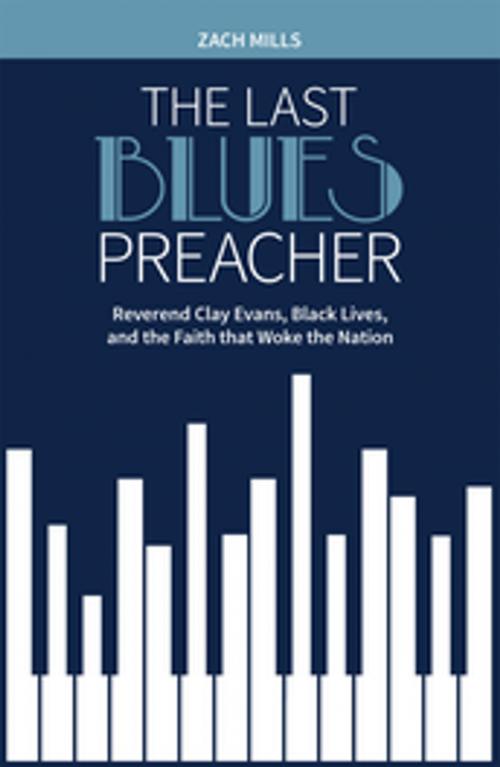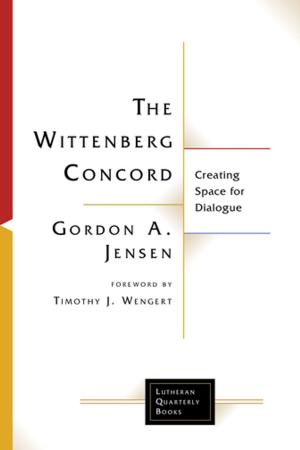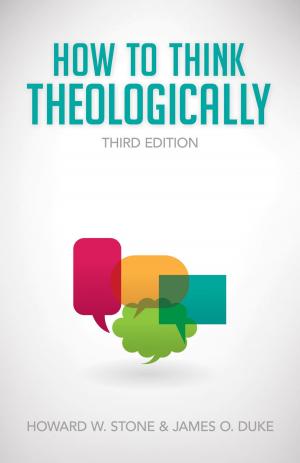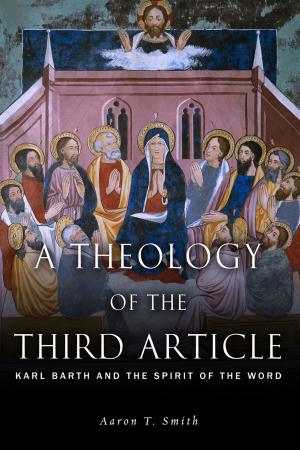The Last Blues Preacher
Reverend Clay Evans, Black Lives, and the Faith that Woke the Nation
Biography & Memoir, Religious| Author: | Zach Mills | ISBN: | 9781506446554 |
| Publisher: | Fortress Press | Publication: | May 1, 2018 |
| Imprint: | Fortress Press | Language: | English |
| Author: | Zach Mills |
| ISBN: | 9781506446554 |
| Publisher: | Fortress Press |
| Publication: | May 1, 2018 |
| Imprint: | Fortress Press |
| Language: | English |
Born in 1925 into a life of sharecropping in Brownsville, Tennessee, Clay Evans was desperate to escape life working for the descendants of plantation owners. At night, he listened to jazz musicians like Cab Calloway and Guy Lombardo on the radio and imagined one day singing on a secular stage. But a greater calling drew Evans into ministry, and he soon stood upon a unique stage as one of America's most famous gospel singers, civil rights heroes, and the godfather of Chicago's black preachers. From this stage Clay sought to rescue his family from poverty and inspire a city and a nation to see, hear, and witness the dignity and value of black lives.
Zach Mills's lively and powerful biography, The Last Blues Preacher, brings the life and work of Reverend Evans into our time and examines how current national conversations on race, religion, politics, and popular culture can and should inform contemporary activism.
Born in 1925 into a life of sharecropping in Brownsville, Tennessee, Clay Evans was desperate to escape life working for the descendants of plantation owners. At night, he listened to jazz musicians like Cab Calloway and Guy Lombardo on the radio and imagined one day singing on a secular stage. But a greater calling drew Evans into ministry, and he soon stood upon a unique stage as one of America's most famous gospel singers, civil rights heroes, and the godfather of Chicago's black preachers. From this stage Clay sought to rescue his family from poverty and inspire a city and a nation to see, hear, and witness the dignity and value of black lives.
Zach Mills's lively and powerful biography, The Last Blues Preacher, brings the life and work of Reverend Evans into our time and examines how current national conversations on race, religion, politics, and popular culture can and should inform contemporary activism.















